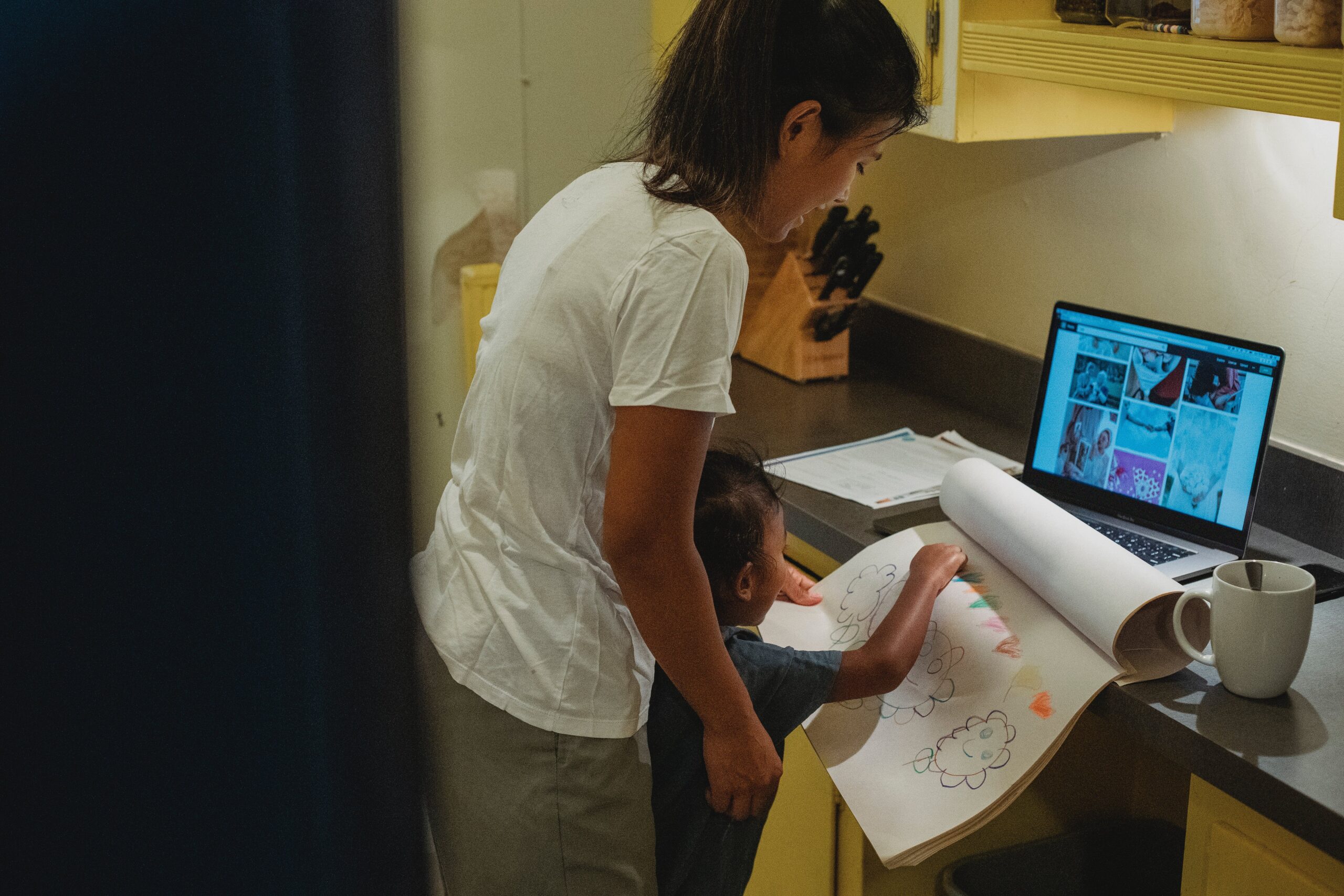Alternative education models
In today’s ever-changing education landscape, traditional schools is no longer an ideal option for families who want a top-quality schooling for their youngsters. Alternative educational models like charter schools, homeschooling, and other learning options have become popular for their individual, creative and adaptable approaches to learning. Let’s explore the various education models in order to learn more about their specifics the benefits and drawbacks.
Homeschooling: Personalized Approach
Children are taught at home, usually through tutors or parents, instead of sending them to an established private or public school. This method allows for individual learning experiences based on individual strengths or interests as well as learning style. Students who are homeschooled typically benefit from personal time, flexible schedules and the opportunity to study subjects in depth. But, homeschooling can present problems in the area of accessibility to resources, socialization and commitment from parents.
Charter Schools: Combining Flexibility and Structure
Charter schools are financed by the public schools that operate outside of the traditional system of schools. They are more autonomous in their ways of teaching, and hiring practices than conventional public school systems. Charter schools typically concentrate on particular themes or educational philosophies like STEM education arts integration, Montessori principles. While charter schools can be flexible and creativity, they could have issues with accountability in equity, funding, and accountability.
Alternative Learning Pathways: Thinking Outside the Box
Alternative learning paths cover many education options that go beyond traditional schools or charter schools. They could include online learning courses as well as apprenticeships, community-based projects or dual enrollment programs that are offered by universities and colleges. Alternative learning options accommodate a variety of students’ needs and preferences by providing flexible, interactive and real-world learning opportunities. However, taking these routes might need careful preparation, guidance and advocacy.

Comparison and Contrast
When you are comparing charter schools, as well as alternative education options, it is essential to think about their distinct features and the appropriateness for different children. Homeschooling is a method of flexibility and personalization, but it requires substantial parental involvement. Charter schools offer a compromise between alternative and traditional education, providing innovative programs within a regulated framework. Alternative learning options offer numerous opportunities for personalized, hands-on learning experiences, but they may not have the institutional backing and recognition.
Support Systems and Resources
Parents and teachers who are considering alternative educational models have access to diverse sources and support networks that can help them navigate their way successfully. Local homeschooling forums, online forums, cooperatives, and educational associations offer helpful guidance as well as curriculum suggestions and opportunities for socialization. In addition the government agencies and advocacy groups provide information about legal requirements for funding, options for funding, and rights of students in alternative educational environments.
Legal Framework and Regulations
It is essential to understand the legal and regulatory framework concerning alternative education is vital to ensure compliance and ensuring students’ rights. Every state or region may have requirements specific to homeschooling, such as the registration process, standards for curriculum and assessment processes. Charter schools must follow the guidelines stipulated in their charter agreements that may contain academic goals and financial accountability measures and governance frameworks.
Impact on Student Development
Alternative educational models have the potential to significantly affect students’ academic performance in addition to their social and emotional development and overall health. Studies suggest that children who are educated at home typically outperform their peers in academics and exhibit greater independence and resilience as well as self-motivation. Students who attend charter schools or who are enrolled in other learning paths could benefit from individualized instruction, real-world experience as well as opportunities to learn by themselves.
Parental Involvement and Engagement
Active involvement of parents is an essential element to success even in non-traditional educational environments. Parents act as principal educators, mentors, and advocates, playing an important influence on the educational experience of their children. Establishing clear communications channels, establishing reasonable expectations, and creating an environment for learning that is conducive to learning is essential to maximize the involvement of parents and their children in charter schools, homeschooling as well as alternative learning paths.
Cost Considerations and Accessibility
Cost and accessibility are important considerations when considering alternative educational models. Homeschooling can require financial investment in materials for the curriculum and resources as well as additional activities. However, it may also be cheaper than private schools in the long term. Charter schools do not charge tuition however, families could be charged additional costs for transportation, uniforms and other costs. Alternative learning paths are different in terms of cost and accessibility based on the type of program, the location and the resources available.
Innovation and Adaptability
Alternative educational models are well-known for their innovative methods of teaching and learning. They often including projects-based learning, technology, and interdisciplinary research. They emphasize the flexibility and responsiveness of students’ changing needs aspirations, interests, and needs. Through embracing experimentation and innovation such as charter schools, homeschooling as well as alternative learning routes are able to prepare students to succeed in the constantly changing 21st century workforce.
Case Studies and Success Stories
Many case studies as well as successful stories demonstrate the transformational effects of alternative educational methods on the lives of students. From children who were home-schooled to excelling in academic competitions to charter schools graduates who pursue careers with a focus on STEM areas, the tales demonstrate the potential of alternative education models to unleash the potential of students and help them become lifelong learners. Through celebrating diversity, innovation and success Alternative education models instill optimism and hope for the future of education.
Addressing Common Misconceptions
Despite their numerous advantages, alternative educational models are often criticized for their misconceptions and stereotypes concerning academic rigor and socialization and accountability. It is crucial to dispel the myths that surround them and to provide factual facts about the benefits and credibility of charter schools, homeschooling as well as alternative learning paths. Through challenging stereotypes and encouraging dialog with parents, educators as well as policymakers can encourage more understanding and acceptance of the many options for education.
Future Trends and Predictions
As we look ahead, alternative education models are expected to play an increasingly important roles in determining our future education. As technology advances continue to alter the traditional educational paradigm and methods of education, charter schools, homeschooling and alternative learning routes provide flexible, adaptable solutions that accommodate students’ varied needs. Trends that are emerging, such as customized education platforms and competency-based assessments and learning experiences that are experiential are expected to spur innovations and increase the number of students who attend alternative education.
Conclusion
In the end, alternative education methods like homeschooling charter schools, and other learning paths offer a variety of alternatives to traditional education that offer individualized, creative and flexible methods of learning. Each model comes with its advantages and drawbacks however, they all share the aim of helping students achieve maximum potential, and be lifelong learners. By embracing diversity and creativity, and collaboration, we can build an open and inclusive educational system that can meet the requirements of every student.
FAQs
Does homeschooling in every state be legal?
Yes, homeschooling is permitted in every state, though specific rules may be different.
Do charter schools charge tuition?
Charter schools are not tuition-free and are funded through tax dollars.
Do alternative educational routes accepted by universities and colleges?
Many universities and colleges will accept credits obtained through alternative learning paths However, policies can differ.
How can parents get assistance and resources for homeschooling?
Parents are able to join co-ops that homeschool or online forums as well as local support groups in order to connect with other families who homeschool and get access to tools.
Are there scholarships to students attending Charter schools?
Certain charter schools provide financial aid and scholarships for students who have academic merit or financial need.

